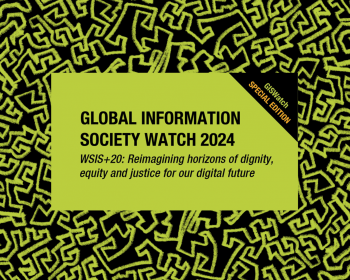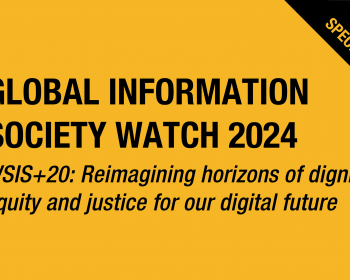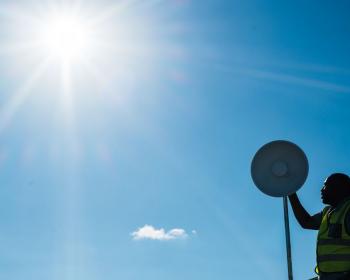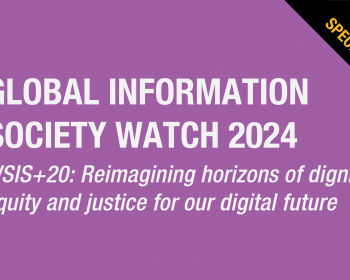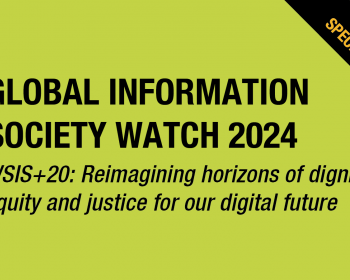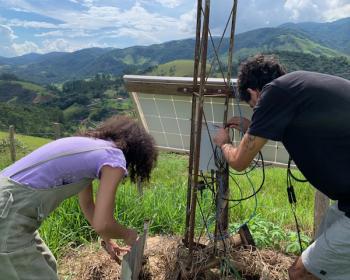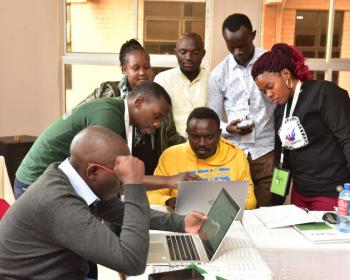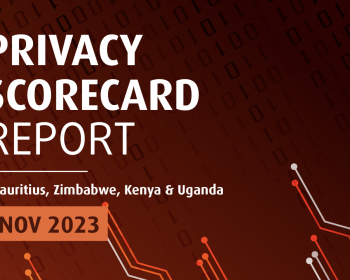Swedish International Development Cooperation Agency (Sida)
Sida is a government agency working on behalf of the Swedish parliament and government, with the mission to reduce poverty in the world. Through their work and in cooperation with others, they contribute to implementing Sweden’s Policy for Global Development (PGU). They carry out enhanced development cooperation with a total of 35 countries in Africa, Asia, Europe and Latin America. The selection of cooperation countries are based on political decisions made by the Swedish government.
Work supported:
-
Core funding for APC Strategic Plan (2020-2023)
-
Core funding for APC Strategic Plan (2016-2019)
-
Core funding for APC Strategic Plan (2013-2016)
-
Global Information Society Watch (2008-2011)
-
Internet Rights Are Human Rights (2010-2012)
-
Placement of trainee staff through Bilateral Associate Expert Training Programme (2010-2011)
-
Study of Effects and Possibilities of ICT for Enhancement of Democracy with a Focus on Empowerment in East Africa (2008-2009)
This special edition GISWatch, produced with IT for Change and WACC, considers the importance of WSIS as an inclusive policy and governance mechanism, and what, from a civil society perspective, needs to change for it to meet the challenges of today and meaningfully shape our digital future.
The following two reports from GISWatch 2024 Special Edition explore pathways for addressing the digital divide as well as the impacts of digitalisation when marginalised populations are overlooked in decision-making processes.
Twenty years ago, stakeholders gathered in Geneva at the first World Summit on the Information Society (WSIS). Since the framework for cooperation was set out in the Geneva Plan of Action (2003), much has changed in the global digital context, while many recognised challenges still remain.
This issue brings together instances that show the success of community networks, but also some indicating that currently there is a gap, and help from a range of stakeholders is needed in order to successfully support communities to bridge the digital divide.
The following two reports, which are included in the GISWatch 2024 Special Edition, are thoughtful analyses on the vision and agenda set up at the WSIS summit twenty years ago, and reflections on its value and need in civil society advocacy as we move forward.
In honour of Earth Day 2024, we are launching the first report from the GISWatch 2024 Special Edition: "Free, prior and informed consent: Accountability, environmental justice and the rights of Indigenous peoples in the information society".
By being rooted in their own communities and encouraging collective articulation, a community network can became a catalyst for rethinking digital spaces and build more inclusive practices – as the pieces collated for this issue show.
Can communities shape digital technologies in favour of their environments, cultures, knowledge and well-being? This piece present five inspiring stories from the Routing for Communities podcast showcasing how connectivity and the use of technology gain meaning from local demands.
This is the first edition of our newsletter in 2024 – and it brings encouraging prospects for community-centred connectivity. The year begins with new opportunities, whether in terms of open calls or spaces and materials to strengthen these initiatives through shared knowledge.
This is the third annual Privacy Scorecard Report produced by Unwanted Witness. The 2023 report took stock of compliance with data protection and privacy laws and regulations in four countries: Mauritius, Zimbabwe, Kenya and Uganda.

Association for Progressive Communications (APC) 2022
Unless otherwise stated, content on the APC website is licensed under Creative Commons Attribution 4.0 International (CC BY 4.0)



